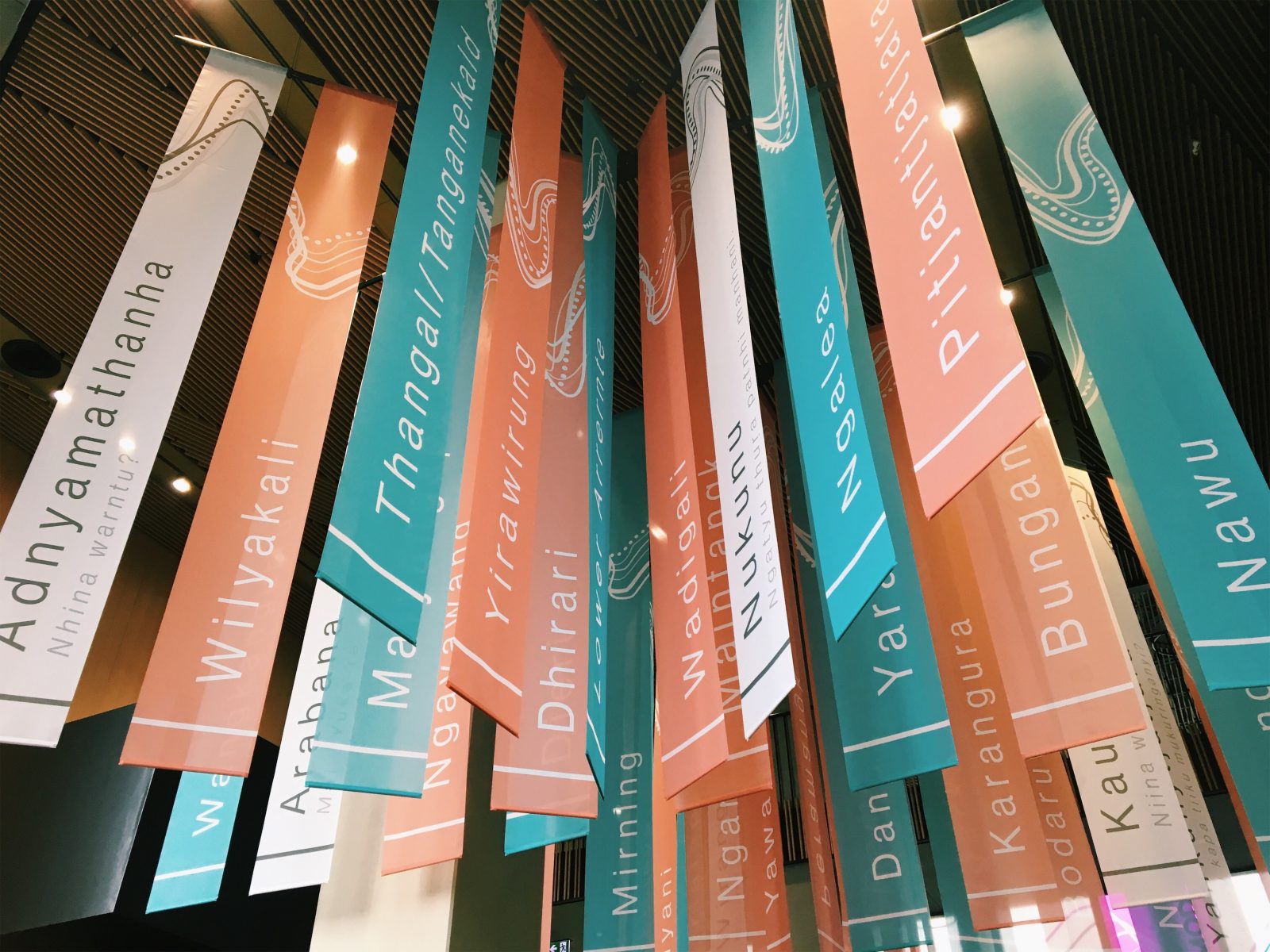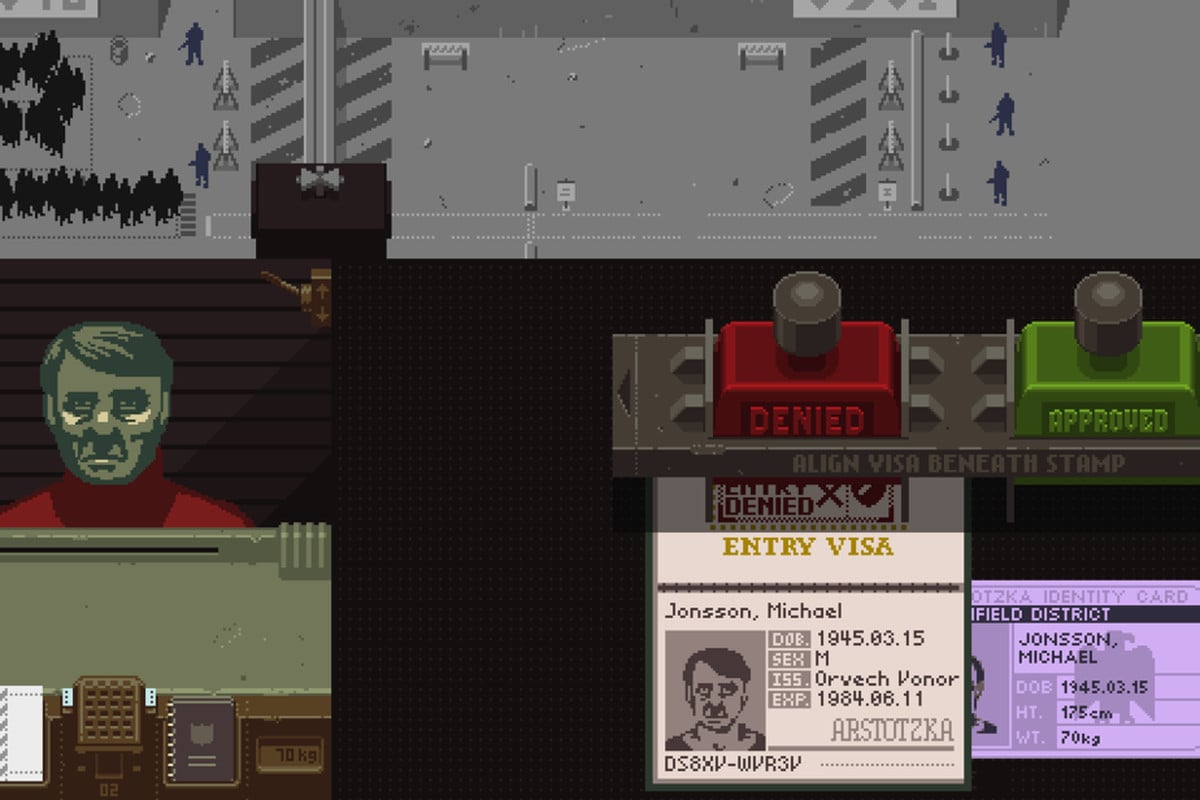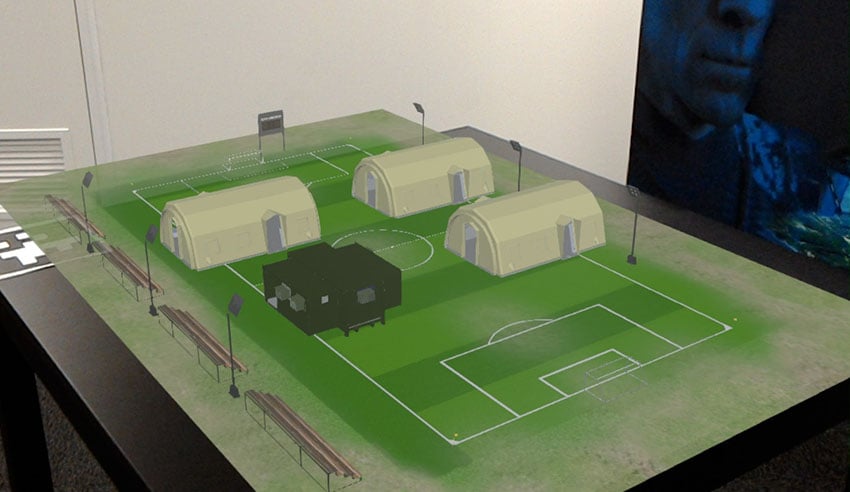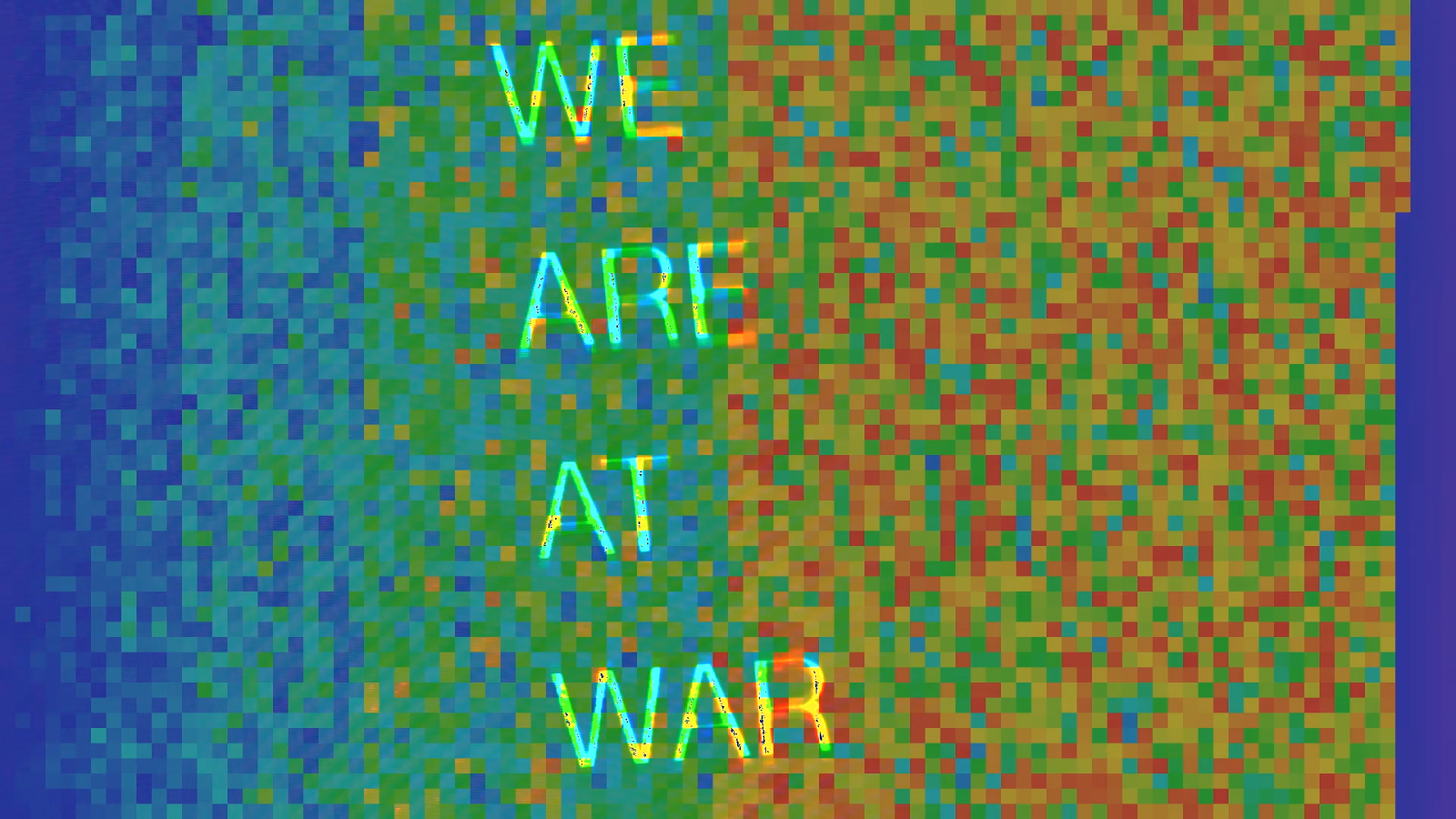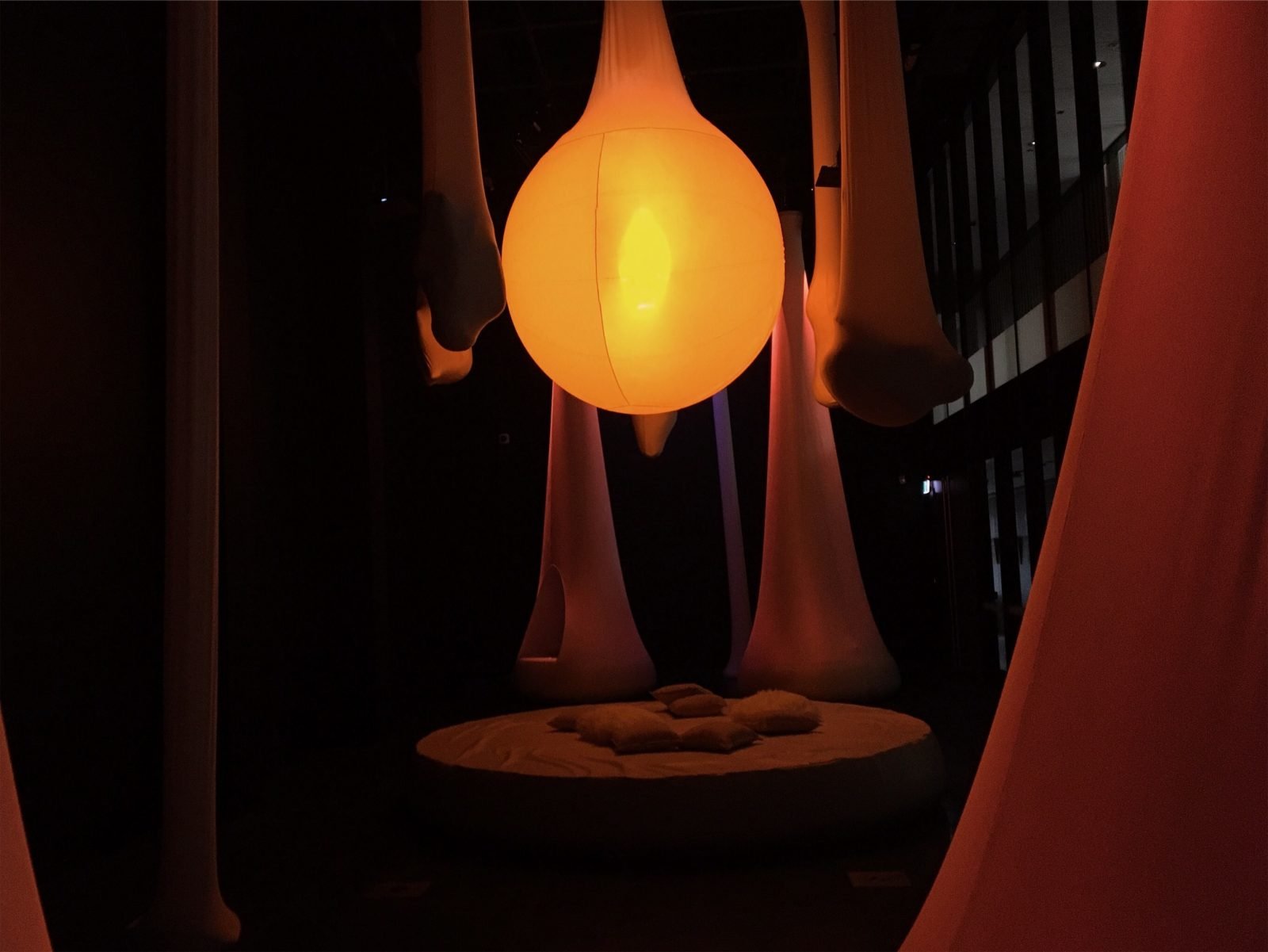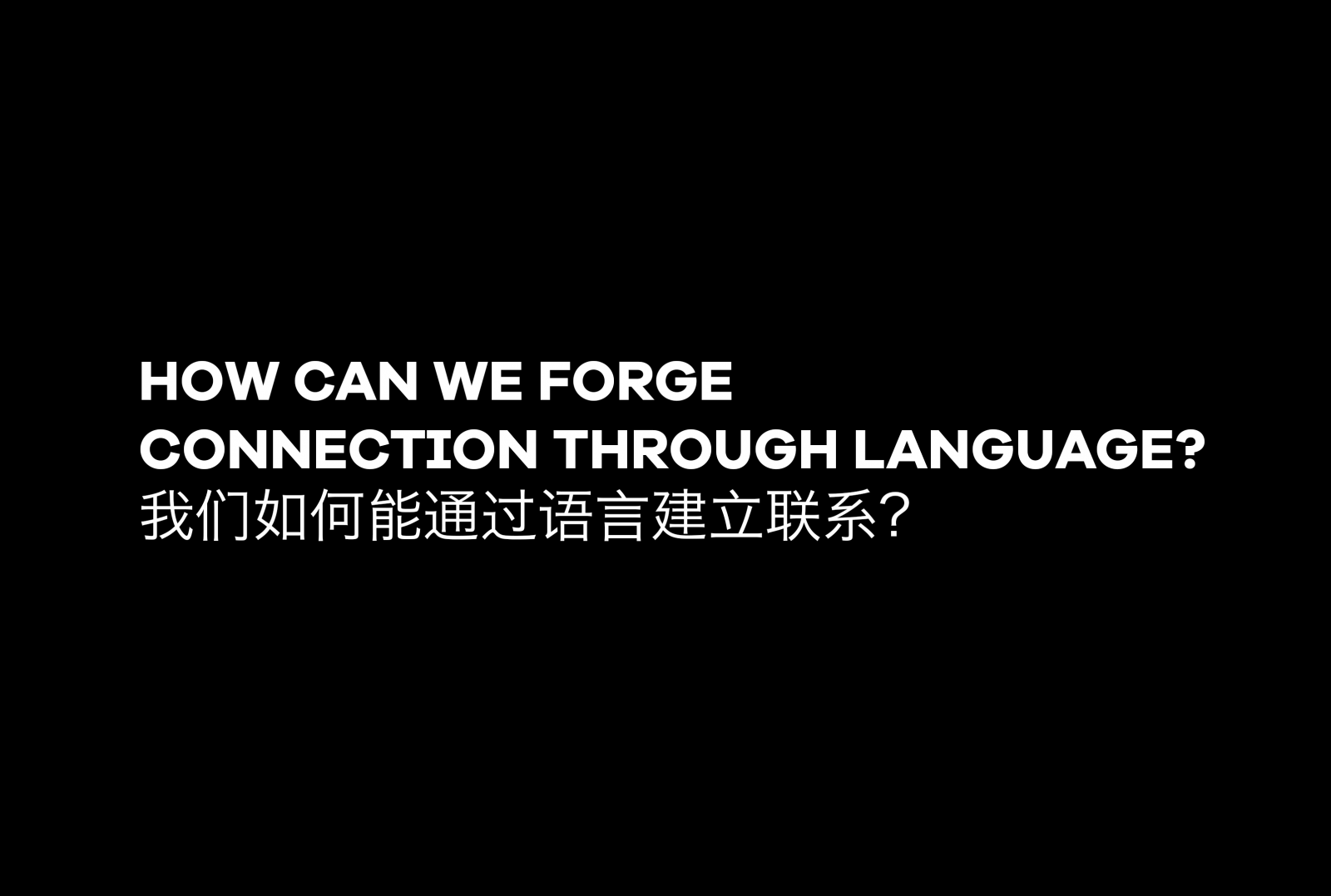Interested in working with space junk?
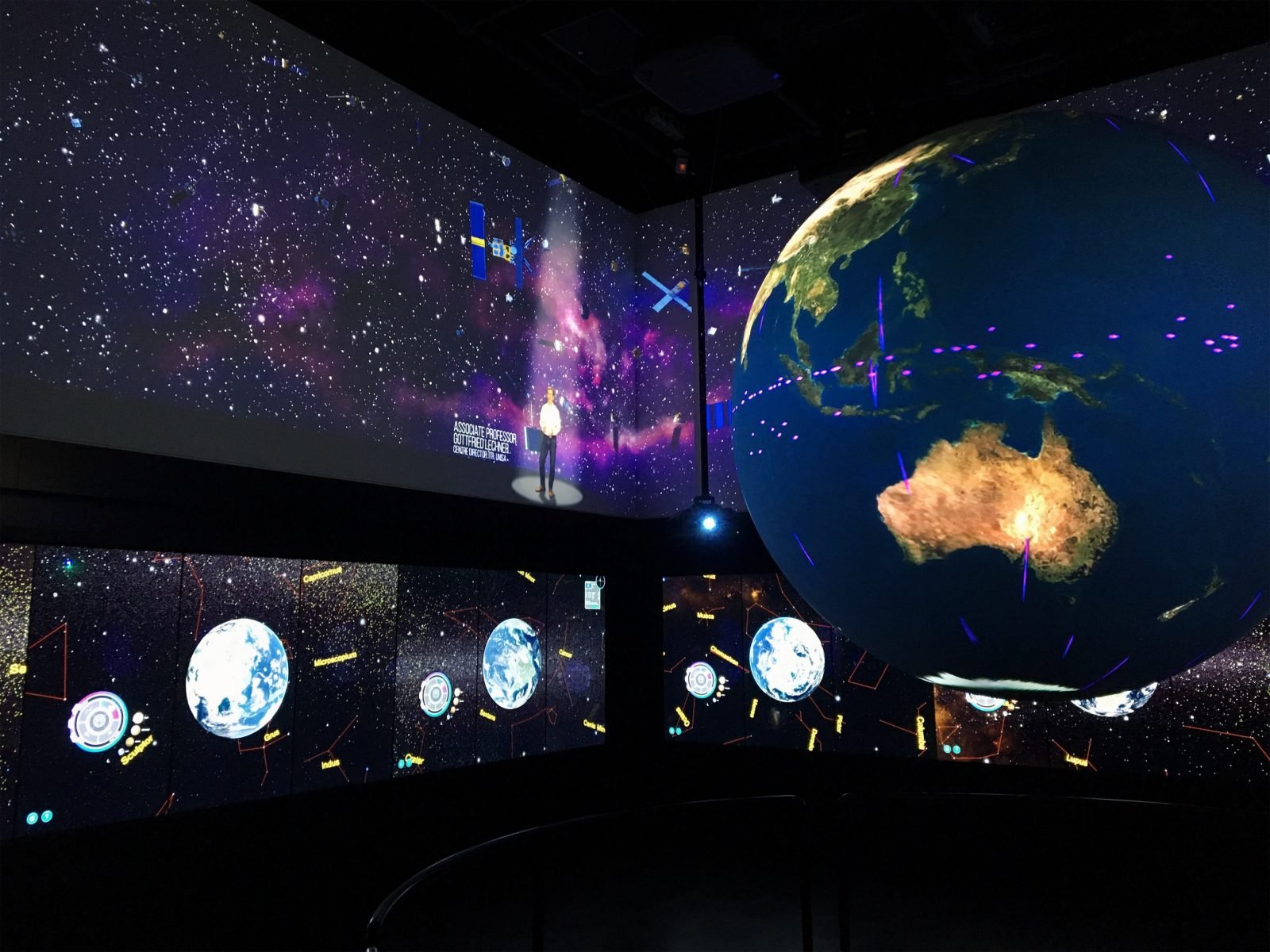
Exhibit Details
Open Nov 2018Apr 2019
Ground LevelUniversal Gallery
We often associate satellite technology with the military, but is this really how we use space today?
With increasing access to satellite technology, space gives us the opportunity to be more connected. We can use it to improve communication, and even look to space as a place for the future of peace.
This access to space provokes ethical questions, but who on Earth gets to answer them?
A (Very) Brief History of the Space Race
The first human-made object was launched into orbit in 1957 with the former Soviet Union’s Sputnik 1. With the launch of Sputnik, so began the space race, a competition between the USSR and the United States to be the first to dominate space.
Without knowing what the future of human activity in space would look like, the United Nations opened the Office for Outer Space Affairs. The Outer Space Treaty was created in 1966, establishing space law and aiming to prevent space warfare. It rules space as a shared place for competition and collaboration, barring a single country from claiming any part of it as their own.
Fast-forward 50 years, and the space race looks very different today. Instead of countries, it is led by private companies, funded by the wealthiest people who want human life to expand to other planets. Consider Elon Musk’s SpaceX, the Mars One mission, or even Asgardia, a personal project of a Russian billionaire. The new goal is to become a multi-planet species.
But it’s not all about spreading human civilisation. One of the most important contemporary uses of space is the new usage of satellite technology. This technology is improving connection between all people on Earth.
Adelaide-based startup Myriota make use of nano-satellite technology to improve communication between the Internet of Things. Myriota are creating new opportunities for farmers, environmental monitoring, and governments and making high volumes of small data accessible from remote locations. The opportunities possible through satellites will revolutionise the way this works.
With the rise of these citizen-led satellite missions, accessible technology may provide greater access to data. This ranges from private information of citizens to monitoring government activity. It is important to ask the question: what will be the impact of more democratic engagement with space?
Discover more
Watch
Explore
- SpaceBook: a resource for exploring the satellites around us
- Stuff In Space: a resource for exploring the stuff in space
Read
Listen
Credits
- Dr Alice Gorman Narration
- Dr Alex Grant Narration
- Associate Professor Gottfried Lechner Narration
- Sumen Rai Narration
- Lucy Trewin Narration
- Jake Cooper Video Production
- Nick DeBoar Animation
- Phil Van Hout Audio Production
- Dr Padric McGee Visualisations
- National Oceanic and Atmospheric Administration Science on a Sphere
- Microsoft / Open Source World Wide Telescope
- Queensland University of Technology Programming


